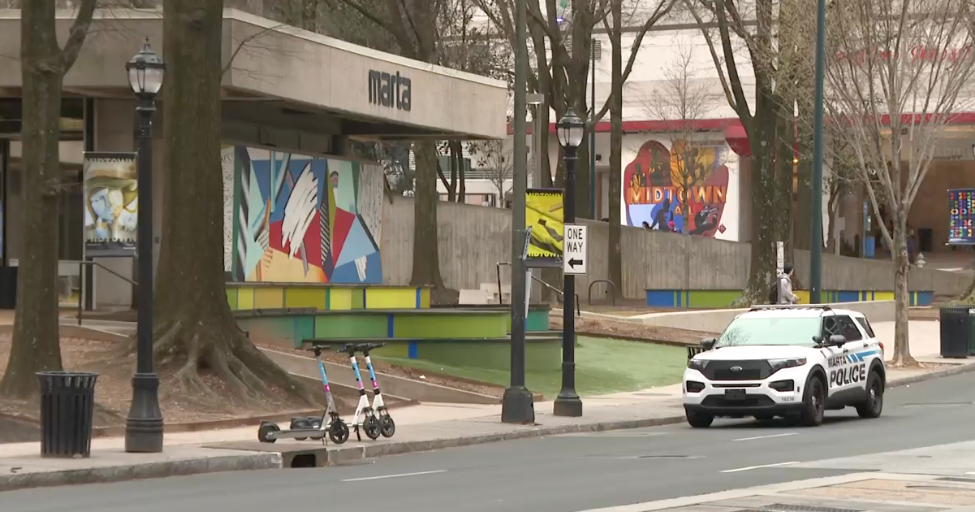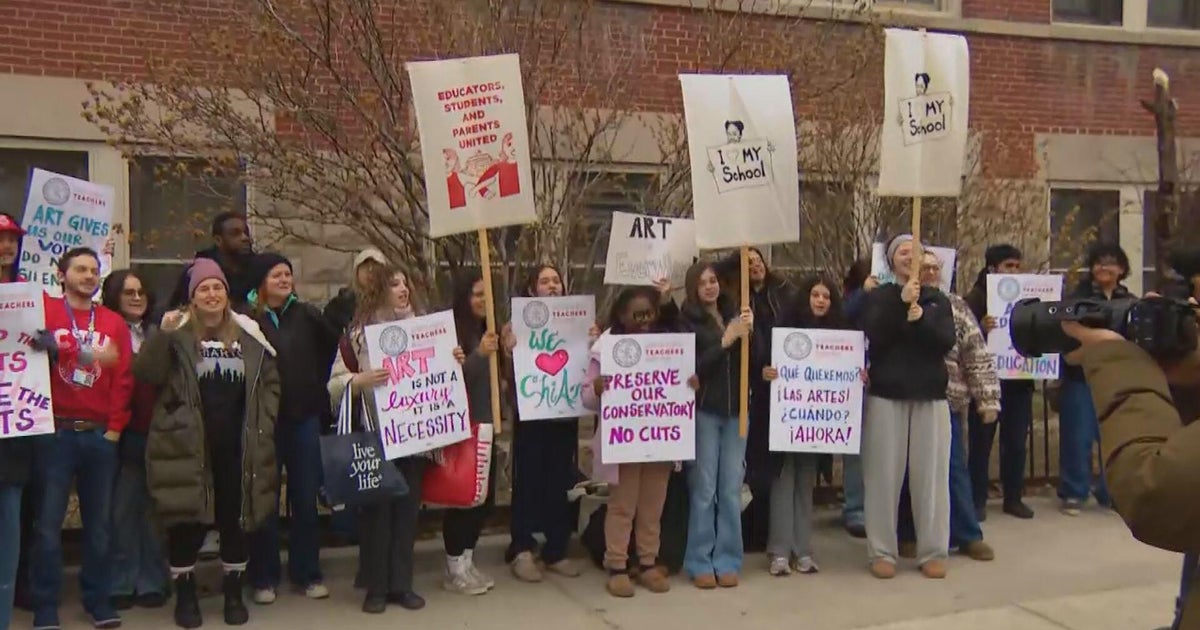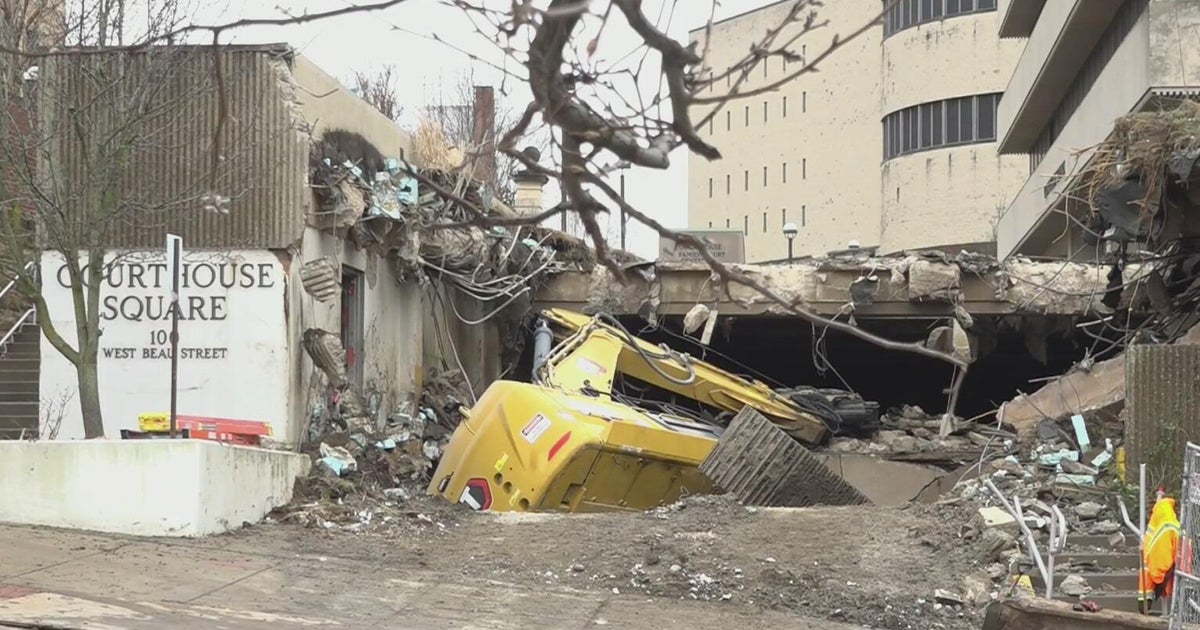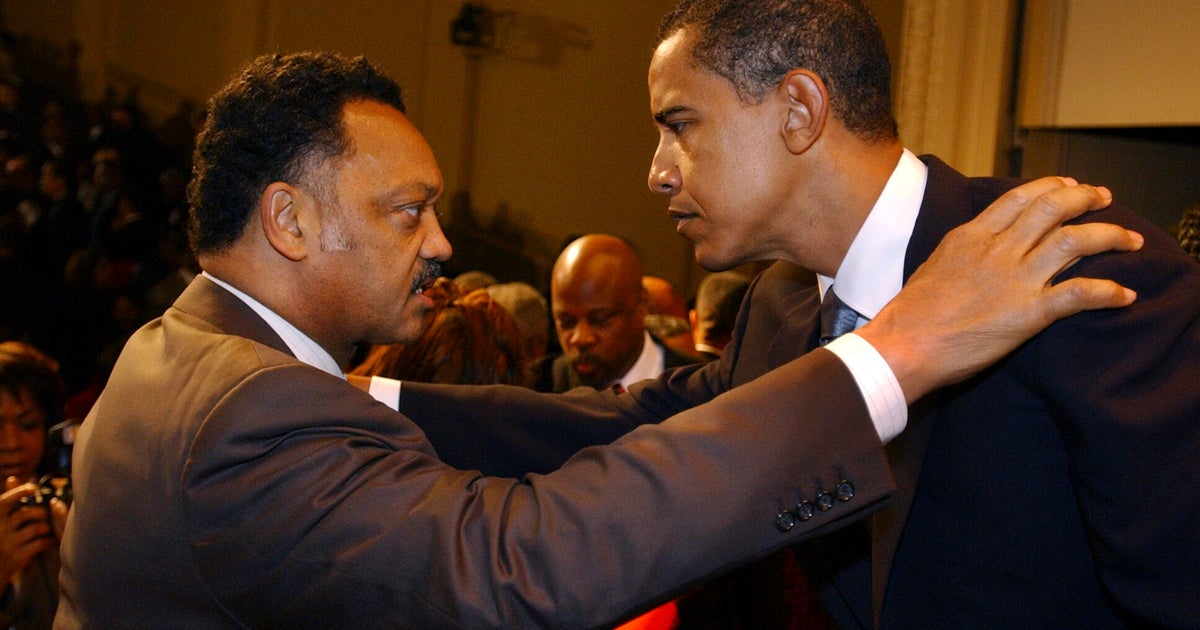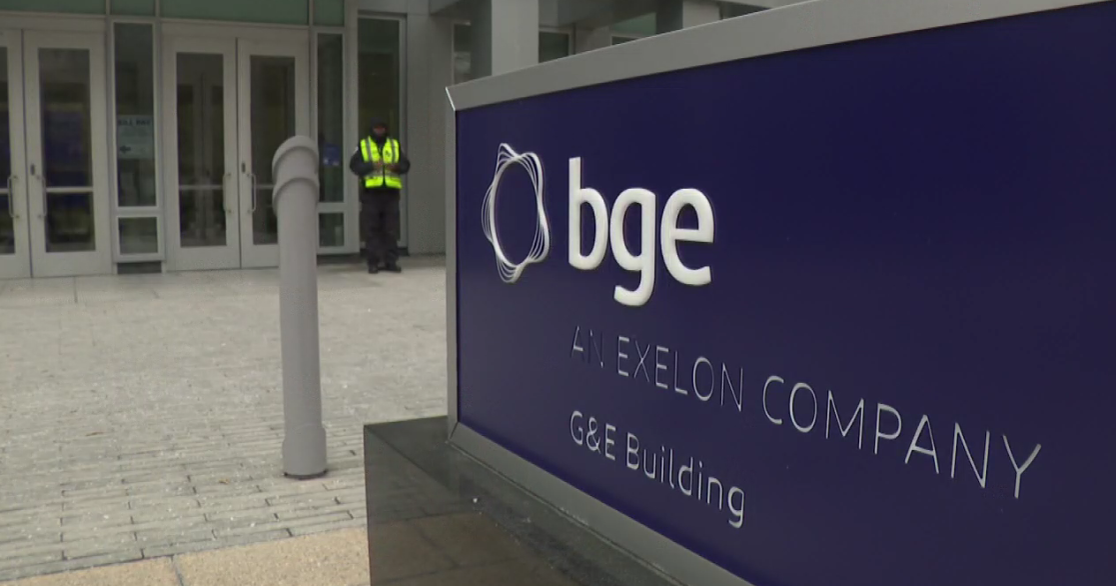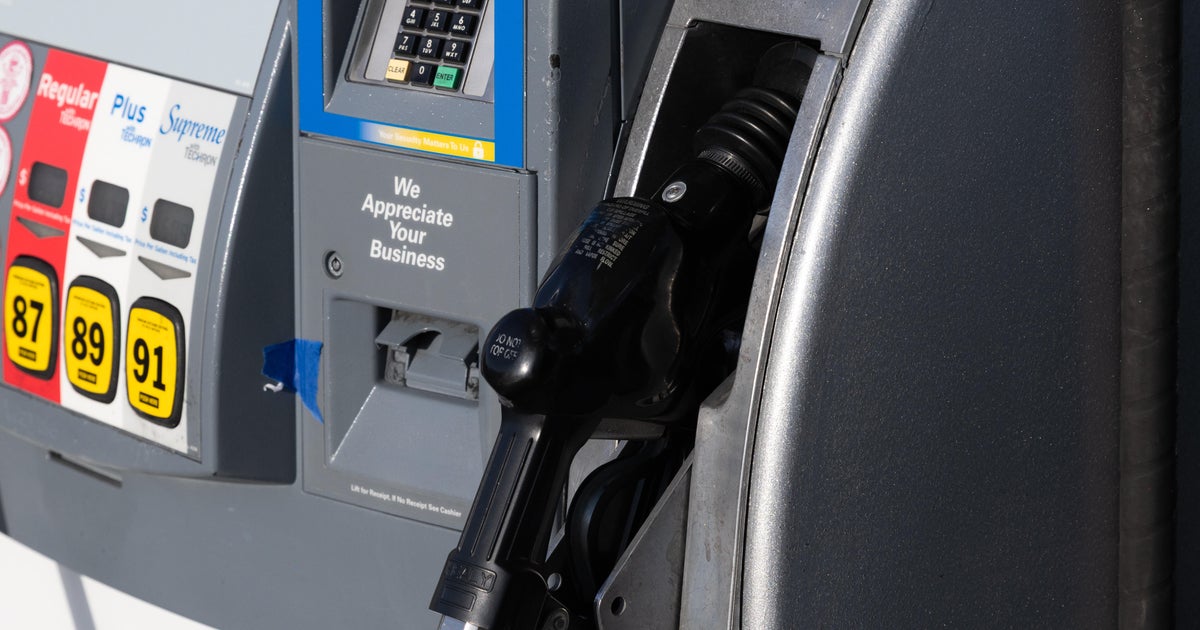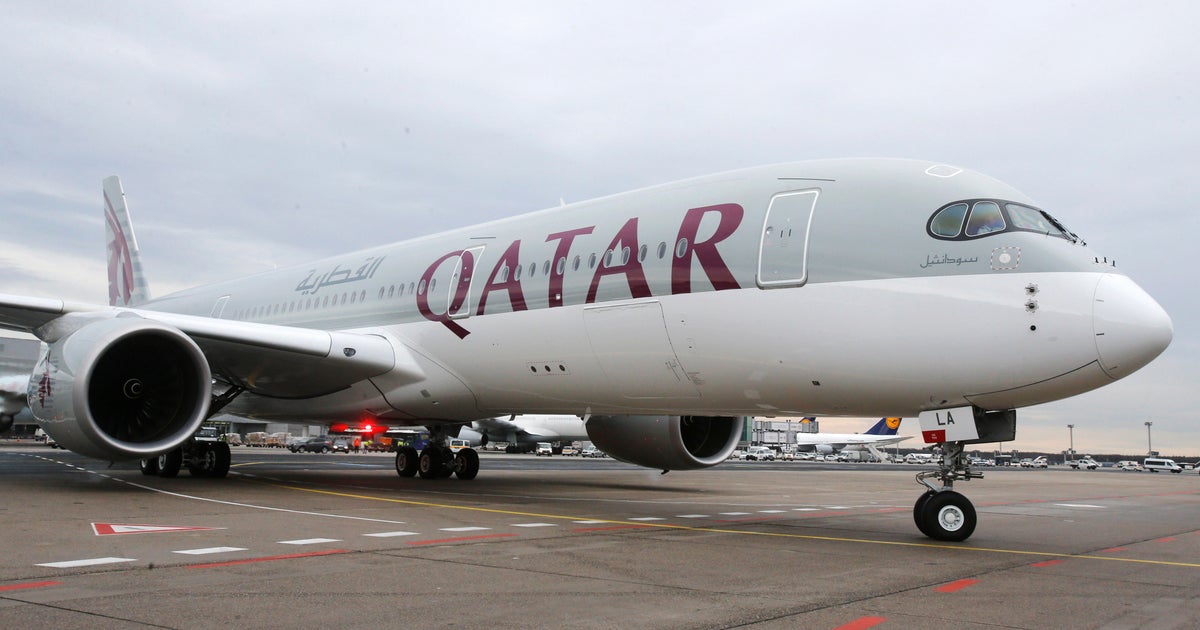Metra To Meet On High Soot Levels
CHICAGO (WBBM) - Metra has called a meeting Tuesday to discuss the high levels of diesel soot found by the Chicago Tribune during air quality tests at its two busiest downtown terminals, and aboard trains leaving them.
LISTEN: Newsradio 780's Bob Roberts Reports
Podcast
The commuter rail agency takes issue with the Tribune's findings, of up to 72 times the amount of soot found on nearby streets, but said it would like to do more to curb the soot being emitted by its locomotives and retained on platforms and aboard its trains.
Spokesperson Judy Pardonnet said it comes down to capital funding -- something Metra has had in short supply for years.
"Given the fact that we have had very scarce capital funding, and that for the last five years we've had to transfer capital dollars over for operating because we just don't have the operating funding, every time we've done that, that's money we haven't been able to spend in new equipment," she said.
Pardonnet said that Metra is operating "very old equipment." Although that is only partially true, Metra's locomotives and virtually all of its bilevel coaches are grandfathered in under old federal air quality standards. The latest ones took effect in 2006, two years after state capital funding for new trains ran out.
To try to stretch its capital dollars, Metra has opted to rebuild its locomotive fleet instead of purchase new locomotives. The math is simple. New locomotives cost about $4 million apiece, while the rebuilds cost about $1.5 million an engine.
Pardonnet said the rebuilt engines release less soot, but are still subject to pre-2006 standards -- not the far more stringent standards that new locomotives must meet. She concedes that the improvement of the rebuilds is only a fraction of what Metra could obtain from operating new locomotives.
The same is true for some of its coaches. Metra has replaced hundreds in recent years, but it is still rebuilding coaches that date from the 1950s. Upgrades to the ventilation systems are not in the plans, although Pardonnet said that the commuter coaches are regularly serviced and receive new filters on a well-maintained schedule.
Even the newest of the coaches pulled by Metra's diesel locomotives were delivered just before the new standards took effect.
For most of the past 50 years, Metra and the railroads from which it purchased its commuter lines have positioned locomotives so that engines face to the outside of its terminals when they arrive downtown.
That is designed to minimize the amount of soot and fumes trapped on platforms, in terminals and aboard trains, although Pardonnet said Metra is, to some extent, at the mercy of the wind.
Finding a solution is a problem that extends beyond Metra, Pardonnet said.
The meeting on soot-related issues, called by Metra Acting Executive Director Bill Tupper, will include Amtrak, which owns Union Station. Also invited are the owners of buildings that tower above the tracks Metra and Amtrak use when entering and exiting Union Station and Ogilvie Transportation Center.
Each of the buildings has ventilation fans designed to suck soot and fumes away from the tracks beneath them. The buildings are responsible for the maintenance on the fans. Pardonnet said there have been issues with some of the buildings.
